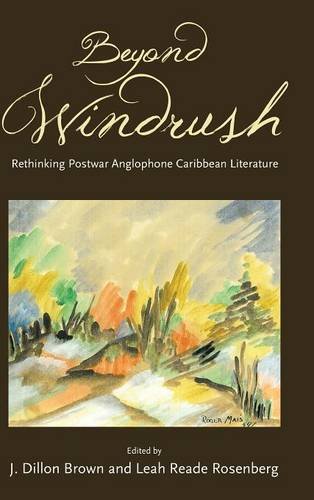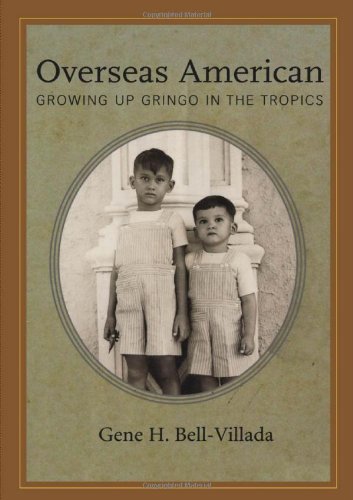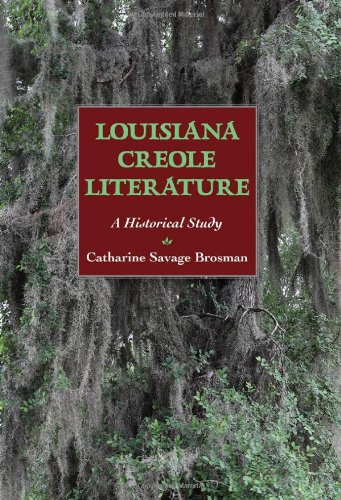Race and the Obama Phenomenon: The Vision of a More Perfect Multiracial Union
University Press of Mississippi
2014-07-17
432 pages
6 X 9 inches
3 B&W photographs
Hardcover ISBN: 9781628460216
Edited by:
G. Reginald Daniel, Professor of Sociology
University of California, Santa Barbara
Hettie V. Williams, Lecturer of African American History
Monmouth University, West Long Branch, New Jersey

Essays that explore how the first black president connects to the past and reimagines national racial and political horizons
The concept of a more perfect union remains a constant theme in the political rhetoric of Barack Obama. From his now historic race speech to his second victory speech delivered on November 7, 2012, that striving is evident. “Tonight, more than two hundred years after a former colony won the right to determine its own destiny, the task of perfecting our union moves forward,” stated the forty-fourth president of the United States upon securing a second term in office after a hard fought political contest. Obama borrows this rhetoric from the founding documents of the United States set forth in the U.S. Constitution and in Abraham Lincoln’s “Gettysburg Address.”
How naive or realistic is Obama’s vision of a more perfect American union that brings together people across racial, class, and political lines? How can this vision of a more inclusive America be realized in a society that remains racist at its core? These essays seek answers to these complicated questions by examining the 2008 and 2012 elections as well as the events of President Obama’s first term. Written by preeminent race scholars from multiple disciplines, the volume brings together competing perspectives on race, gender, and the historic significance of Obama’s election and reelection. The president heralded in his November, 2012, acceptance speech, “The idea that if you’re willing to work hard, it doesn’t matter who you are, or where you come from, or what you look like . . . . whether you’re black or white, Hispanic or Asian or Native American.” These essayists argue the truth of that statement and assess whether America has made any progress toward that vision.
Contributions by Lisa Anderson-Levy, Heidi Ardizzone, Karanja Keita Carroll, Greg Carter, Frank Rudy Cooper, Marhsa J. Tyson Darling, Tessa Ditonto, David Frank, Amy L. Heyse, David A. Hollinger, George Lipsitz, Mark McPhail, Tavia Nyong’o, David Roediger, Paul Spickard, Janet Mendoza Stickman, Paul Street, Ebony Utley, Ronald Waters
Contents
- Preface / Hettie V. Williams and G. Reginald Daniel
- Foreword: Race Will Survive the Obama Phenomenon / David Roediger
- Introduction: Understanding Obama and Ourselves / George Lipsitz
- Part I: Race, Obama, and Multiraciality
- 1. Race and Multiraciality: From Barack Obama to Trayvon Martin / G. Reginald Daniel
- 2. By Casta, Color Wheel, and Computer Graphics: Visual Representations of Racially Mixed People / Greg Carter
- 3. Barack Obama: Embracing Multiplicity—Being a Catalyst for Change / Janet Mendoza Stickmon
- 4. In Pursuit of Self: The Identity of an American President and Cosmopolitanism / Hettie V. Williams
- Part II: Obama, Blackness, and the “Post-Racial Idea”
- 5. Barack Hussein Obama, or, the Name of the Father / Tavia Nyong’o
- 6. The End(s) of Difference? Towards an Understanding of the “Post” in Post-Racial / Lisa Anderson-Levy
- 7. On the Impossibilities of a Post-Racist America in the Obama Era / Karanja Keita Carroll
- 8. Obama, the Instability of Color Lines, and the Promise of a Postethnic Future / David A. Hollinger
- Part III: Race, Gender, and the Obama Phenomenon
- 9. From Chattel to First Lady: Black Women Moving from the Margins / Marsha J. Tyson Darling
- 10. The “Outsider” and the Presidency: Mediated Representations of Race and Gender in the 2008 Presidential Primaries / Tessa Ditonto
- 11. Obama’s “Unisex” Campaign: Critical Race Theory Meets Masculinities Studies / Frank Rudy Cooper
- 12. “Everything His Father Was Not”: Fatherhood and Father Figures in Barack Obama’s First Term / Heidi Ardizzone
- Part IV: Race, Politics, and the Obama Phenomenon
- 13. Barack Obama’s Address to the 2004 Democratic Convention: Trauma, Compromise, Consilience and the (Im)Possibility of Racial Reconciliation / David Frank and Mark Lawrence McPhail
- 14. Barack Obama and the Politics of Blackness / Ronald W. Walters
- 15. Barack Obama’s White Appeal and the Perverse Racial Politics of the Post-Civil Rights Era / Paul Street
- 16. Barack Obama’s (Im)Perfect Union: An Analysis of the Strategic Successes and Failures in His Speech on Race / Ebony Utley and Amy L. Heyse
- Epilogue: Obama, Race, and the 2012 Presidential Election / Paul Spickard









